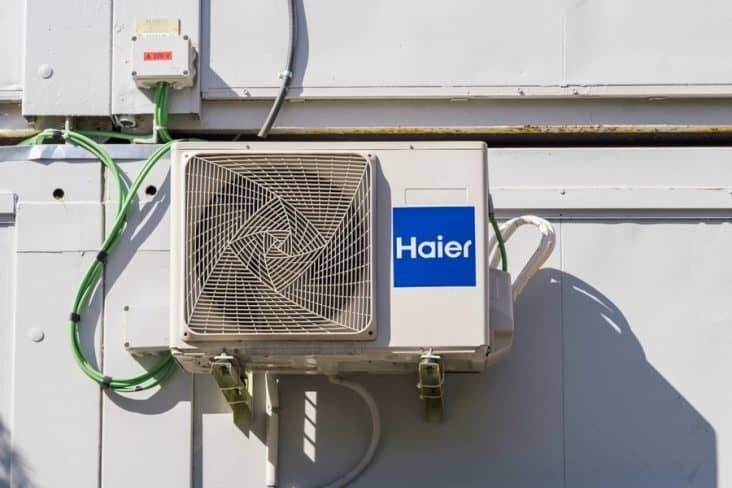
The F1 error code essentially signals a minor hiccup, not unlike when your car’s “check engine” light turns on. It’s a way for the air conditioner to tell you that something isn’t quite right. But don’t worry, this code generally indicates a minor sensor issue rather than a catastrophic failure. While it might seem alarming at first glance, understanding it can help you breathe easier—both figuratively and literally—as you figure out your next steps.
Understanding the F1 Error Code
You might be wondering, “What exactly does the F1 error code mean?” Essentially, it’s the air conditioner’s way of communicating that there’s a problem with the temperature sensor. Think of the sensor as the AC’s thermometer, responsible for checking how hot or cold a room is and adjusting the cooling accordingly. When this part malfunctions, the air conditioner gets confused about what the actual room temperature is. Imagine trying to cook a meal without being sure how hot your oven is—tricky, right?
The good news is, an F1 error usually doesn’t indicate a bigger problem lurking beneath the surface. It’s more of a reminder that your AC needs a little attention. The air conditioner may still function, albeit not optimally. It might not cool the room as efficiently as before, or it could run erratically, turning on and off unexpectedly.
In most cases, the F1 error is a call to action for a quick inspection or a minor repair. So if your Honeywell air conditioner flashes this code, it could be time for a bit of troubleshooting before things potentially worsen.
Common Causes of the F1 Error Code
Now, let’s dive into why your Honeywell air conditioner might be flashing the F1 error code. One primary reason is a faulty temperature sensor. Over time, these sensors may wear out, become damaged, or come loose due to vibrations and movement inside the unit. This dislocation can lead the air conditioner to receive incorrect readings.
Another possibility is a loose connection somewhere in the system’s wiring. Wires might jiggle themselves free or become loose, similar to how a headphone jack might get wobbly if used too often. When this happens, the electronic signals can’t travel properly, leading to error codes popping up.
Additionally, dust build-up inside the air conditioner might obstruct components like the sensors from working correctly. Dust is like a blanket that covers parts and can insulate them from their surroundings, causing them to overheat or function improperly. Regular maintenance and cleaning can help prevent this sort of issue.
Is It Safe to Use Your AC With the F1 Error?
Here’s the deal: using your Honeywell air conditioner with an F1 error code is generally safe, but it’s not ideal for long-term use. Continuing to use it without addressing the issue might not immediately harm the air conditioner, but it could lead to inefficient cooling and higher energy bills. Think of it like jogging with a stone in your shoe—not immediately debilitating but uncomfortable and potentially worsening over time.
Using the AC with the error means you won’t get the best cooling experience, as the unit might struggle to maintain the desired temperature. This inefficiency can also lead to increased wear and tear, shortening your air conditioner’s lifespan. It’s similar to constantly revving a car’s engine—it’ll run, but it’s not great for longevity.
To ensure your air conditioner lasts and runs smoothly, it’s best to address the F1 error promptly. If you’re unsure about tackling it on your own, contacting a professional for inspection and repairs can save you future headaches and ensure optimal operation.
What to Do Next?
So, what should you do if you see the F1 error code? First, check the user manual for advice specific to your model; it might have instructions for a quick fix you can do yourself. A soft reset, which involves turning the unit off and on again, might sometimes clear the error if it’s a minor glitch.
If that doesn’t help, consider cleaning the unit. Ensure that it’s free from dust and debris, paying special attention to the sensors and filters. A clean unit can perform better and might resolve minor issues without further intervention.
However, if the pesky F1 code persists, don’t hesitate to reach out to a professional. Sometimes, it’s better to get expert help than to tinker endlessly without resolving the problem. And while you’re at it, regular maintenance checks can go a long way in preventing similar issues down the line.
Remember, taking care of your air conditioner not only ensures a comfortable indoor climate but also extends the longevity of the appliance, saving you from unexpected troubles when you least want them.